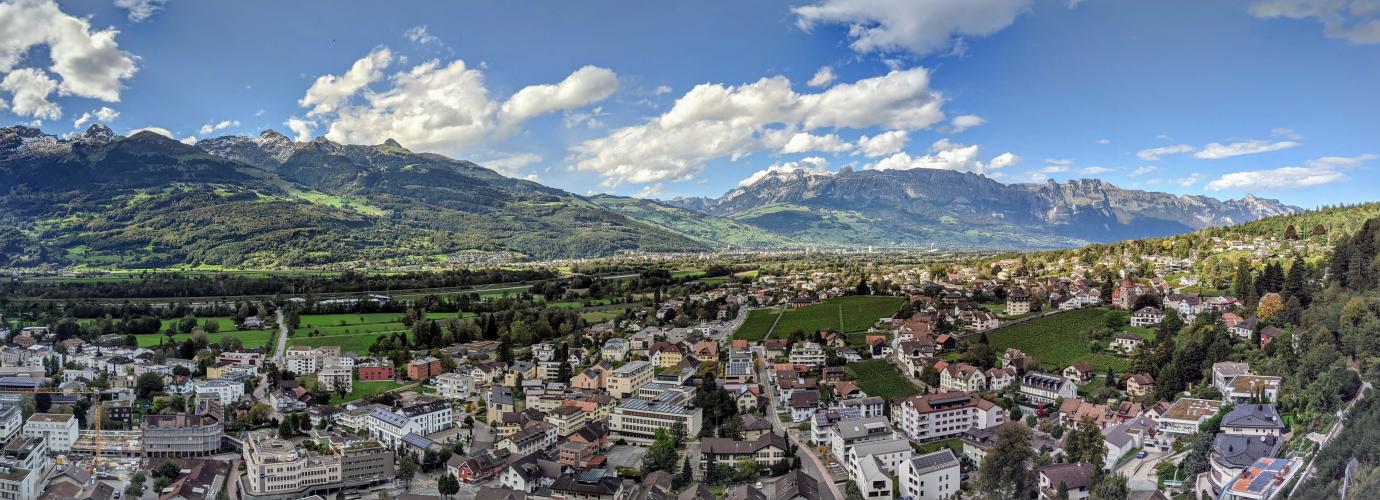Liechtenstein is a constitutional, hereditary monarchy based on democratic and parliamentary principles; the power of the state is embodied in the Reigning Prince and in the people. Liechtenstein comprises eleven political municipalities with around 40,000 inhabitants over an area of around 160 km2.
Liechtenstein's education system is in the responsibility of the state, i.e. state schools as well as private schools are under the supervision of the state. School attendance is compulsory. The structure of Liechtenstein's education system has been clearly influenced by the neighbouring education systems, especially the one from Switzerland. The main characteristics of Liechtenstein's education system are therefore similar (e.g. types of school and terminology). Differences can be seen, among other things, in the details of the organisation and in the development of the education system.
The Liechtenstein curriculum (LiLe) is also based on the Swiss-German Curriculum 21, taking into account the country-specific circumstances. The proximity to the Swiss curriculum enables better mobility and ensures the connection to secondary schools. The curriculum describes the state's educational mandate for schools, defines the educational and learning objectives and regulates teaching time.
In Liechtenstein, education is possible from elementary school to university level. However, tertiary education is limited due to the small size of the country. Cooperation with neighboring countries, mainly Switzerland, takes place particularly in the theoretical area of vocational training and higher vocational education as well as in higher education, with Liechtenstein participating financially. School and university places are secured through a series of agreements with foreign ministries and departments.
Bibliography:
- Biedermann Klaus, Büchel Donat, Burgmeier Markus (2012): Wege in die Gegenwart. Vaduz: Amtlicher Lehrmittelverlag
- Brunhart, Arthur et al (2013): Historisches Lexikon des Fürstentums Liechtenstein, Band 1 und 2, Zürich: Chronos Verlag
- Martin, Graham (1984): Das Bildungswesen des Fürstentums Liechtenstein. Zürich: Sabe; Aarau; Frankfurt am Main: Sauerländer
- Vogt, Paul (1990): Brücken zur Vergangenheit. Vaduz: Amtlicher Lehrmittelverlag

